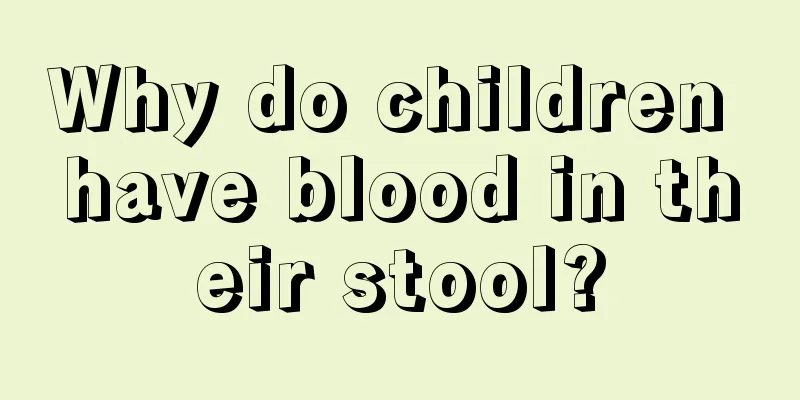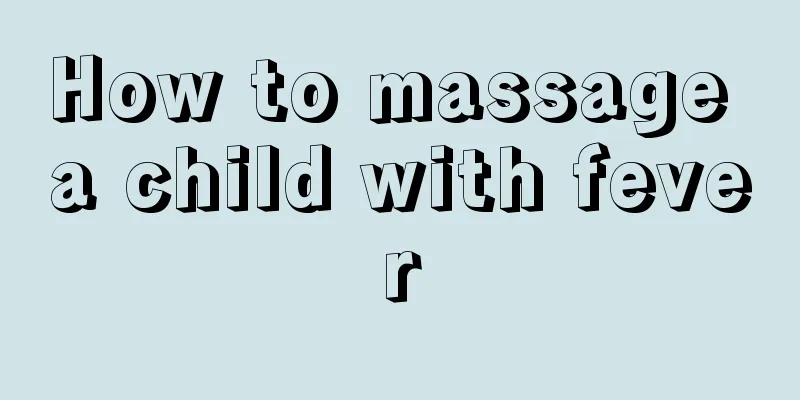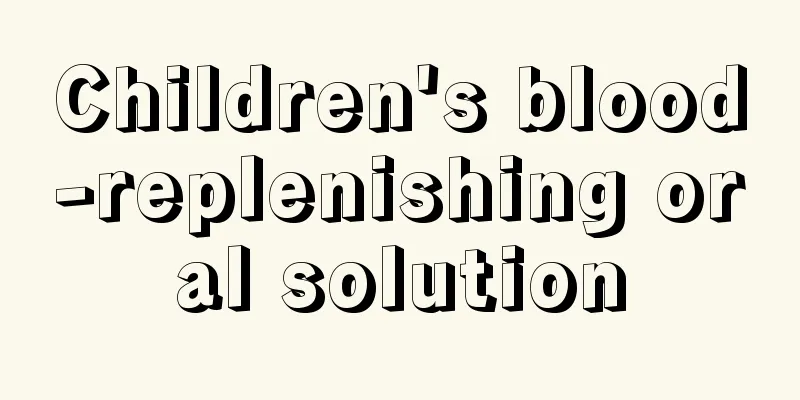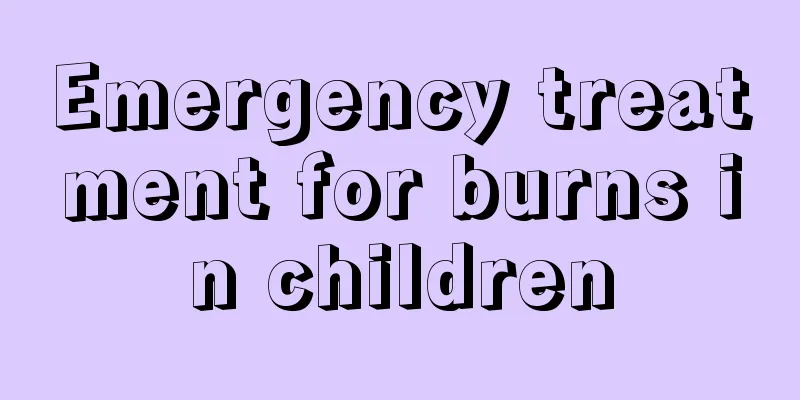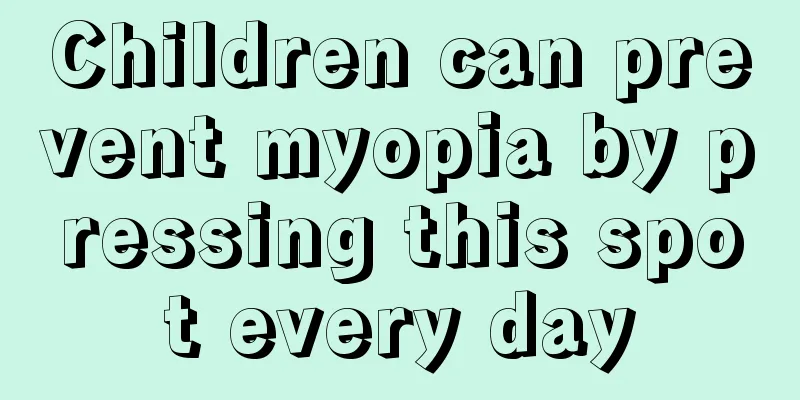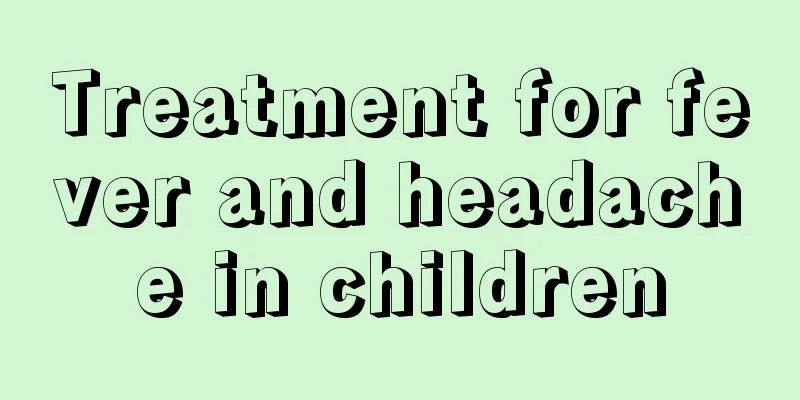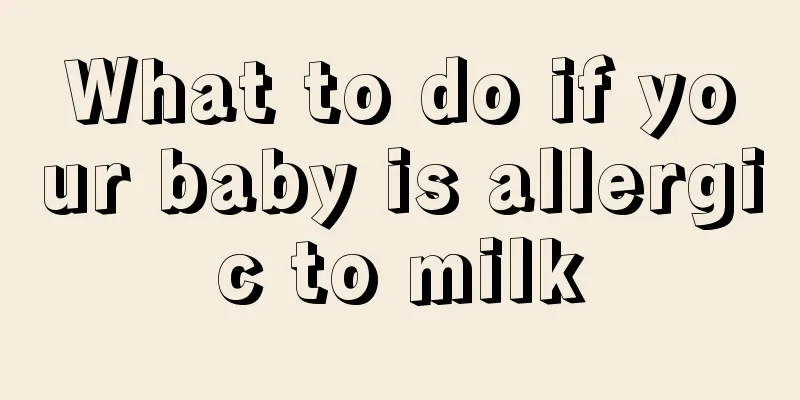What causes asthma and bronchitis in children?

|
In the pediatric outpatient clinic, some children will experience wheezing and difficulty breathing when they catch a cold or cough. Usually this means that the child has asthma or bronchitis. Many parents are worried about this, so they are eager to learn about the treatment methods. The following is a brief introduction to the treatment of asthma and bronchitis in children. I believe that after reading it, you will know how to treat it. 1. Respiratory tract infection Asthma has an important relationship with respiratory tract infections. Upper respiratory tract infections are relatively common triggering factors. Most asthma patients experience worsening wheezing after respiratory tract infections, and this is more obvious in children. Surveys show that viral respiratory infections are the main cause of asthma exacerbations. Viral respiratory infections have the potential to enhance airway anti-inflammatory effects, and this factor is very similar to the pathogenesis of asthma. 2. Nonspecific factors Dust, gasoline, smoke, paint and other irritating odors and cold air can stimulate the sensory nerve endings of the bronchial mucosa, reflexively causing vagus nerve excitement and coughing, leading to bronchial smooth muscle spasm on the basis of airway hyperresponsiveness. 3. Mental reasons Drastic changes or fluctuations in emotions can trigger asthma attacks. Sadness, worry, excessive excitement and even laughter can also cause asthma attacks. 4. Sports factors Exercise-induced asthma, also known as exercise-induced asthma, refers to acute, temporary large airway obstruction that occurs after a certain amount of exercise. Clinically, it is characterized by acute attacks of varying severity of asthma, which can usually resolve on its own. 5. Foggy and dusty environment Smoking, special smells (bad smells, fireworks, mosquito coils, car exhaust, campfire smoke, etc.), cooking fumes, etc. can all be triggers for asthma. In my country's summer, DDT and pesticides can also aggravate the patient's condition. In addition to the above, you should also be careful when entering and leaving air-conditioned rooms with large temperature differences, because children are weak in nature. The sudden change of temperature will cause children to catch a cold and have a fever, thereby inducing asthma and bronchitis. Especially now that it is summer, I hope mothers can pay more attention in the process of raising their children. |
<<: What are the symptoms of acute meningitis in children?
>>: What are the symptoms of alcohol poisoning in babies?
Recommend
Reasons why children vomit after drinking water
Some parents must have discovered that their babi...
How to care for a six-month-old baby
From the birth of a child to the time the child g...
How old should diapers be used?
Diapers are something that many babies will use w...
What are the small red bumps on the child's legs?
We all know that children's skin is particula...
Young parents, please pay attention to the symptoms of children with mild cerebral palsy!
For a disease like cerebral palsy, the earlier it...
How to prevent asthma relapses in children?
Childhood asthma is a very common respiratory dis...
What causes frequent foot pain in children?
Children often experience foot pain, which is mos...
Normal blood pressure range for 12-year-olds
In fact, the blood pressure values of 12-year-o...
What are the causes of picky eating in children?
Children in their early childhood will have some ...
What to do if your baby has weak spleen and stomach
The baby's development is not complete, and i...
How do you know if your baby is cold or hot?
Because babies are young, they cannot express the...
Symptoms of calcium deficiency in 3-month-old babies
Babies will have a series of problems due to calc...
What should children eat to supplement calcium, iron and zinc?
Generally speaking, if children are picky eaters,...
Treatment of neonatal hypocalcemia
What are the treatments for neonatal hypocalcemia...
What should I do if my baby's gums are red, swollen and bleeding? Parents should reflect on themselves.
Children’s teeth are always fragile. Sometimes, f...

